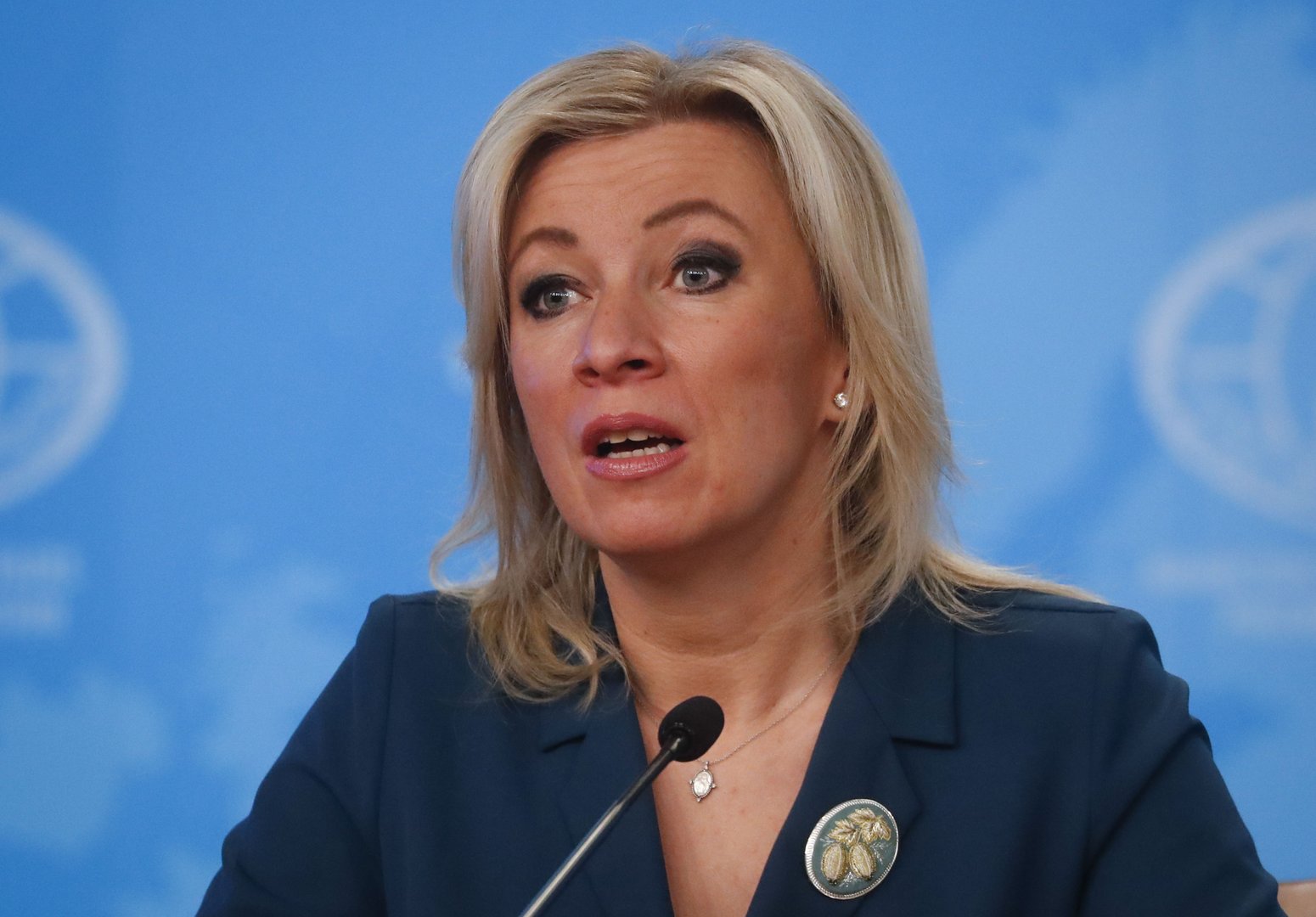Russia’s foreign ministry’s spokeswoman Maria Zakharova on Wednesday made reference to the Greek military junta-sponsored coup d’état which was staged in Cyprus in 1974 as part of a terse reply to Finnish Foreign Minister Elita Valtonen, who had criticised Russia’s foreign policy.
Valtonen had said Russia’s foreign policy “violates each of the ten Helsinki principles” – a set of principles signed in Helsinki in 1975 by most European countries, which are said to “guide relations between participating states”.
In her response, Zacharova said the principles “are indeed being violated”, before using the Greek junta’s actions in Cyprus as her example of a violation of the first principle – the principle of sovereign equality and respect for the rights inherent in sovereignty.
She highlighted “the intervention of the Black Colonels’ junta in Greece in the interethnic conflict in Cyprus, attempting to annex the island to Greece”, though the coup d’état did take place before the signing of the Helsinki principles.
The coup was led by rebel factions of the National guard and the Eoka-B paramilitary organisation, and had been ordered by Dimitrios Ioannidis, one of the leading figures in the Greek junta of the day.
On July 15, 1974, Greek officers led National guard members to capture Cyprus’ presidential palace, with Makarios fleeing via its rear entrance and travelling to Paphos, before being flown from the British Royal Air Force base in Akrotiri to Malta the following day.
With Makarios gone, Nikos Sampson was installed as president and the Hellenic Republic of Cyprus was proclaimed.
Five days after the coup was staged, Turkey staged an invasion of the island’s north, saying this action was in line with its responsibilities as a guarantor power of Cyprus.
Sampson was forced to resign on July 23, with Glafcos Clerides leading the Republic of Cyprus’ government until Makarios returned on December 7. Clerides later served as president in his own right between 1993 and 2003.
Turkey had by the end of the summer taken control of nearly a third of the island’s territory, with Denktash leading a provisional administration which became the Turkish Cypriot federated state in 1975. He would go on to declared the unrecognised ‘Turkish Republic of Northern Cyprus’ in 1983.
In Greece, the fiasco in Cyprus led senior military officers to withdraw their support for Ioannidis, with junta-appointed president Phaedon Gizikis calling a meeting of old-guard politicians with the aim of appointing a national unity government with the aim of leading the country to democratic elections.
On July 23, 1974, Gizikis invited Kostas Karamanlis to lead the government, with democratic elections being held on November 17. Those elections were won by Karamanlis’ New Democracy party.






Click here to change your cookie preferences